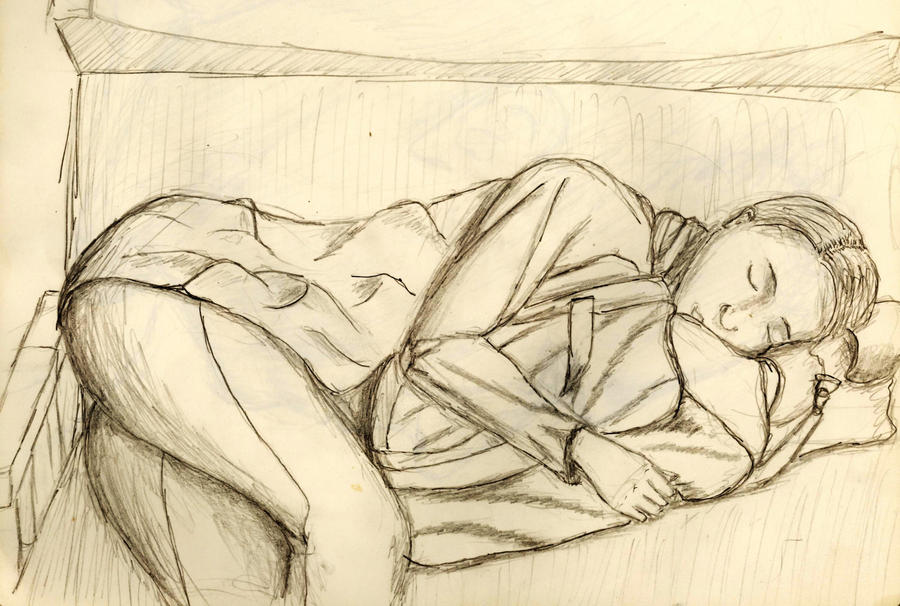Serendipity can be a fascinating thing. Here I am, planning to discuss the difference between greatness and non-greatness (and how slippery that notion is) when the NYT coughs up an article discussing that very thing. In the article, the discussion was all about how art was changed during restoration, how science has shown what paintings originally looked like, found forgeries that were found to be genuine and classics that turned out to be fakes. It's an interesting article for those of you that like art, but I was most struck by what it said about the art.
It’s a picture. And the picture is the same whether it is said to be old or new, genuine or fake, an original or a copy. It becomes no more or less elegant or funny looking. Its role in the evolving narratives of art history changes. Its price can go up or down. But cost is not value. [my emphasis]
That is what I wanted to talk about, the value of something for someone, regardless of how much it's supposedly worth.
Now I have talked about this before (on one of my other blogs,
Rocket Scientist), but I was doing so from a different perspective. You are welcome to take a look at those posts and see if I contradict myself:
here,
here,
here, and
here.Today I want to challenge the notion that people, even educated people, can definitively say what's "great" and what's "garbage."
[For this discussion, I would like to assume we're talking about writing with a minimum level of technical competence. I'm talking about what some people call garbage without it necessarily being clumsily written.]
Why am I challenging this? There are a large number of people with literature degrees that know what's good, what's worth teaching, what's classic. True, though, those are often focused on what's from the past, those works that have stood the test of time. To look at the work available today and say this is "worth" reading and something else isn't shows a certain level of arrogance.
More than that, though, it shows a lack of understanding in people. Why? Because people don't all like the same things, read for the same reasons. The value of a book
to any particular reader is dependent on too many factors to absolutely say something is worthless.
For some, it might be capturing a different age, feeling it surround you, even if the characters are cardboard. For some, it might mean breathing life into a character, or capturing a particular aspect of a character that a reader can identify with, can completely immerse themselves in. It might mean a tight clever plot that builds itself phrase by word into a cohesive perfection with no loose ends and leaving one satisfied. That doesn't mean that they're flawless, but that they fulfill a need.
It might mean living vicariously in a world where love is true and overwhelming that lets someone escape from their cold and empty existence. It might be the triumph of someone overcoming incredible hardship by living a full life that allows someone recovering from tragedy or trauma to hope. It might be escaping into a world of horror and fear, if only to appreciate the world one lives in. It could be to challenge one's mind with a puzzle, a riddle to be solved. It could be a world of fantasy or the future where merit is rewarded, a place where one can dream of achieving anything. It might be reading a master with some aspect of writing, like dialog or children or setting, someone who makes you feel inspired when you put them back down.
Sometimes, it's just that a reader "gets" what the writer wanted to convey, gets something that touches them, changes them, makes them feel or think or dream. And it doesn't matter if it's a romance novel or an award winner, if it's a young adult novel or a potboiler. The value of that book is that it touched you in some way.
What makes it challenging for those in the profession of reviewing books is that the "getting" it is completely subjective. If you don't "get" it, you not only find the book (or movie or whatever) uninspiring, you can't see what others see in it. Too often, the reviewer assumes that, if they didn't "get" it, there's nothing to get. By the same token, those that "experts" often see as "great" leave the public scratching their heads. Why? Because they don't get it. (Much like folks like me feel about Pollack in the world of art - say what?)
I don't get the Harry Potter books. I don't. I don't think they're horrible, but they don't touch me. But they touch many many people. They speak to them, inspire them, make them dream. I can admire that even though I don't "get" it. They definitely have worth to quite a contingent of people. Does my lack of "getting it" preclude greatness? Certainly not, any more than my being caught up in a different book, the Liaden series or Twilight that I totally get ensures greatness.
But, to me, they are great because they touch me, they speak to me. That gives them worth for me, whatever the rest of the world might think.
As the article I alluded to earlier said:
But look, never mind what the label says, and you may notice something else about the picture, too, some other truth. It’s beautiful.
For most of us, that's enough.
Read more...




